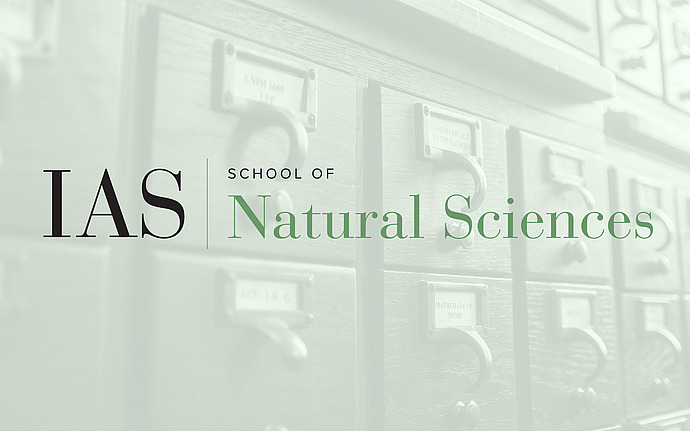
Princeton University Gravity Initiative Fall Seminar Series
Self Dual Gravity and MHV Amplitudes
Abstract: Based on https://arxiv.org/abs/2408.11139(Link is external) (Link opens in new window) . In pure Einstein gravity, the amplitude for an arbitrary number of positive helicity gravitons to scatter is zero at tree-level. If a single negative helicity graviton is added, the amplitude is still zero. If two negative helicity gravitons are added, however, the amplitude is non-zero. This is the so-called gravitational maximal helicity violating (MHV) amplitude, and it is the simplest non-vanishing amplitude in Einstein gravity. In this talk we discuss the relation between MHV amplitudes and “self dual gravity,” which is an integrable subsector of Einstein gravity which can be thought of as containing only positive helicity gravitons. In particular, we’ll present a new way of generating classical self-dual metrics and discuss its relation to the MHV amplitude.